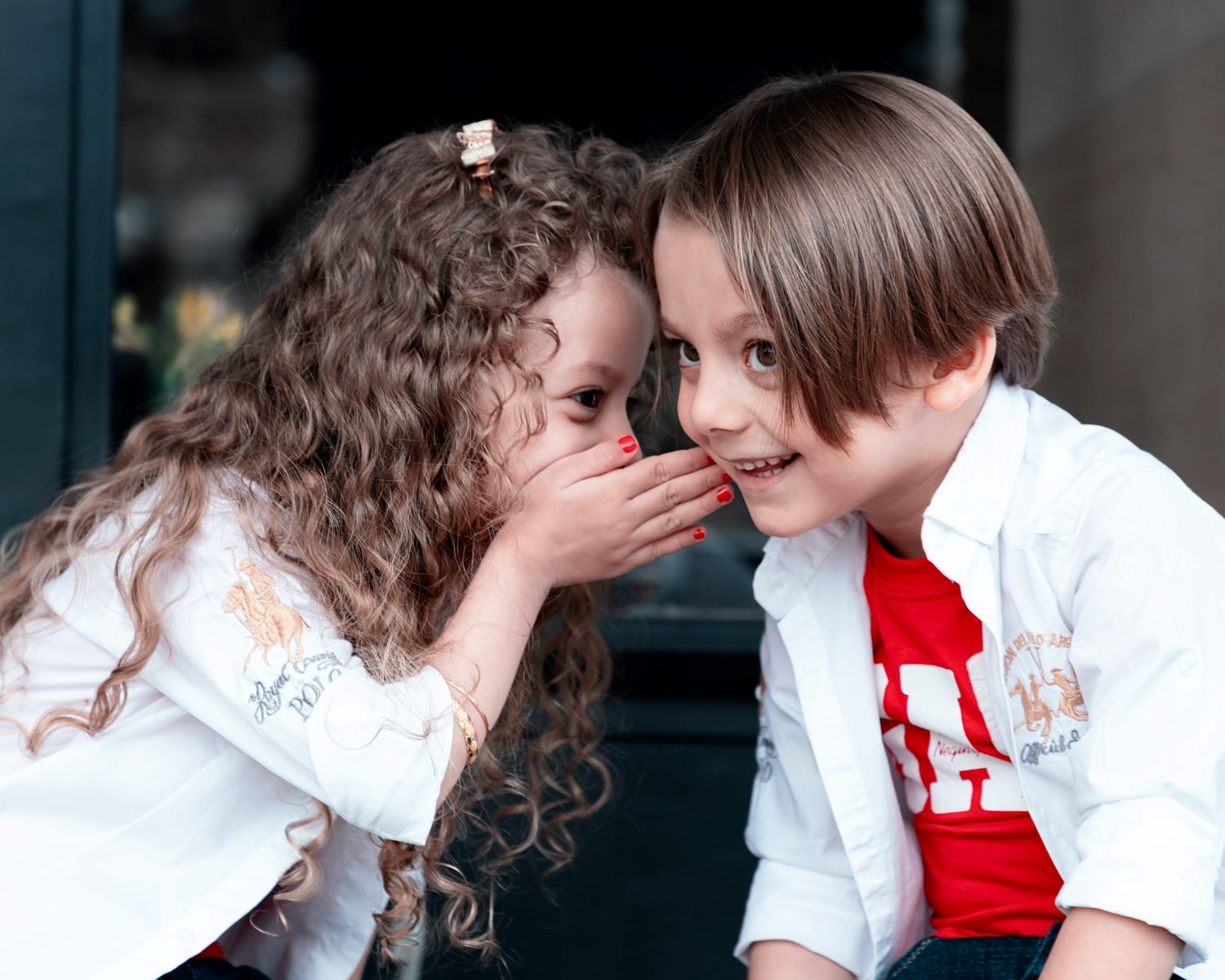If you’re unsure what to expect when bringing your child for counseling, you have come to the right place. You may be wondering, how will the therapist work with my child? Do they talk to them? Do they do worksheets? How does this work?
While therapists have varying techniques and approaches when working with kids, generally, child therapy consists of the following:
Play Therapy
Play therapy is a type of therapy where the therapist uses playtime to observe, interact, and gain an understanding of the issues and stressors that your child is going through. Play therapy typically involves toys, dolls, puppets, and games. Play therapy was developed as the preferred therapy for young kids (predominantly used for kids between 3 and 12) as children cannot communicate their problems the way adults can. The advantages of play therapy are twofold: therapists gain incredible insight, and the child feels free to express themselves without reservations.
Bibliotherapy
Bibliotherapy is a therapeutic approach that utilizes children’s books in sessions with your child. Reading books is remarkably effective as kids can connect with the story, relate to the protagonist, the conflict, or the resolution. Moreover, bibliotherapy can lead to meaningful discussions and the opportunity for the therapist to address your child’s concerns directly and indirectly.
Art Therapy
Art therapy is a type of therapy that combines creativity and expression. It usually involves painting, drawing, music, and other creative modalities. While there are several approaches and distinctions to art therapy, the primary purpose is to use art to access underlying thoughts, emotions, and schemas. Art therapy can be particularly helpful for children or adolescents who enjoy creative activities but may be hesitant to talk to a counselor.
Talk Therapy
Talk therapy is as it sounds — using the session to talk to the therapist directly. Depending on your child’s age and development, talk therapy can help identify troublesome emotions, thoughts, and behaviors. As the therapist gets to know your child, the therapist will be able to assess how effective talk therapy will be for your child.
Child therapy sessions will differ based on your child and their unique needs. Some sessions may consist of several of these approaches, while others may use one. If you have any questions about child therapy or are interested in setting up an appointment for your child with a therapist on our team, please contact us.
Jenna Uhrik, MS, LMFT

